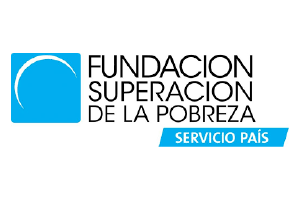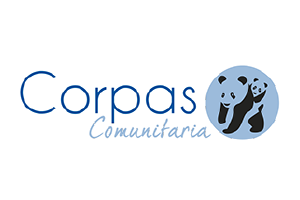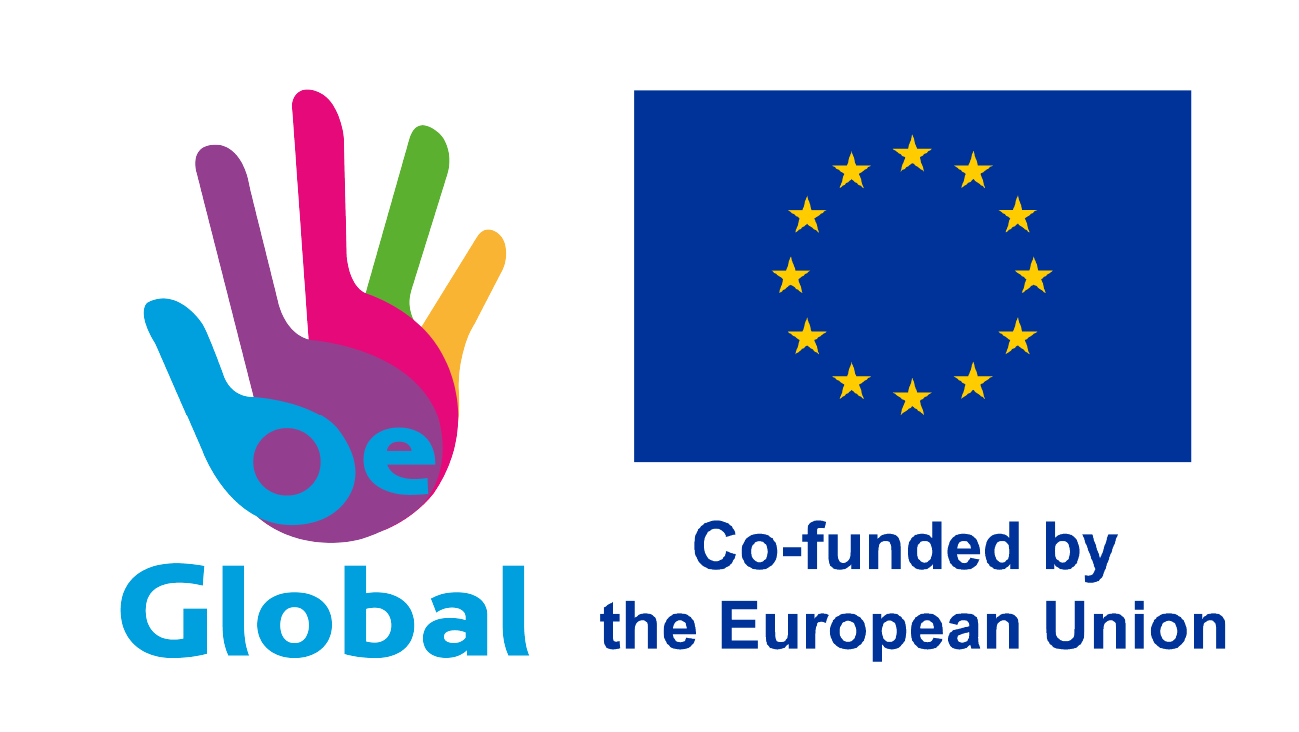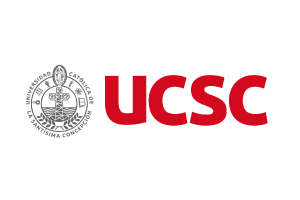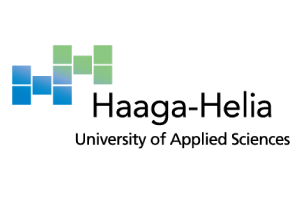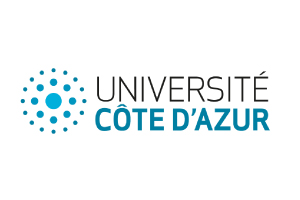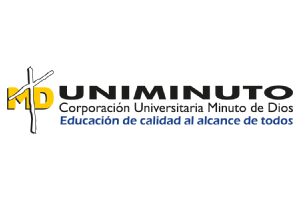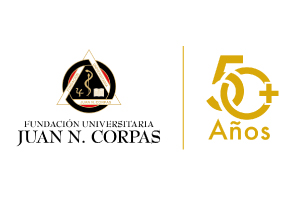ERASMUS+ BeGlobal Project
ERASMUS+ BeGlobal Project
Duration:
- 36 months (December 2023 - November 2026).
HEIs participating:
The university is located in a region (Maule) in Chile, where 50% of the population lives in rural areas. On the other hand, 75% of students enrolled in undergraduate have the national benefit of free higher education, which covers 60% of the most vulnerable population in the country. In total, there are more than 11000 students enrolled (6,802 Women; 5,153 Men), and 1,361 academic staff (637 Women; 724 Men).
Likewise, Université Côte d’Azur has positively engaged in a global and environmental approach to the future challenges by integrating the lasts at the heart of its training and formation offers. In fact, a new campus dedicated to Risks, Environmental and Sustainable development has opened its doors in the city’s eco-valley. The Mediterranean Institute for Risks, Environment and Sustainable Development offers a variety of programs that not only raise awareness.
HH has extensive international partner networks, including active cooperation with 161 HEIs in Europe. HH’s operations have strong ties with industry and businesses, including an established network of strategic partnerships with over 100 companies and other organizations. In industry collaboration, HH focuses on entrepreneurial approach, co-creation, innovation, as well as international growth.
Fundación Universitaria Juan N. Corpas was created in 1971 with the objective of forming the General Doctors of the country that would be able to assist the population with scarce resources in the big cities. Thereby the School of Medicine was created. Later, the institution has grown to include three other schools: Music, Nursing and Education. All four schools offer a total of 4 undergraduate and 9 graduate programs.
The campus is located in the Suba locality, adjacent to the Thomas van der Hammen Forest Reserve, one of the most important green areas of Bogota and the largest in the locality. It is the only university in this locality, with a total of 1,452 undergraduate and 151 graduate students are being trained, coming from diverse socioeconomic stratum (about 70% of students are from lower-middle class), ethnic origins (more than 6% of students belong to an ethnic minority), family nuclei (about 4% of students are heads of households), and contexts of the Colombian reality (about 3% of students have been victims of the armed conflict).
Project development
The work is divided into 6 work packages:
Allies

